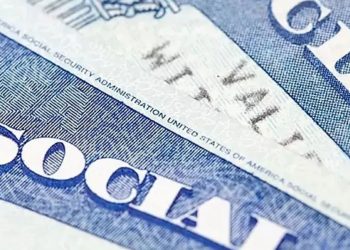The New Jersey General Assembly has approved legislation aimed at updating the requirements for becoming a certified public accountant (CPA) in the state, addressing recruitment challenges faced by local businesses.
Sponsored by Assemblywoman Aura Dunn, Bill A5598 maintains the high standards for CPA licensure while reducing barriers to entry. The bill allows candidates to substitute 30 educational credits (roughly equivalent to one year of college coursework) with an additional year of relevant work experience. This means college graduates with a bachelor’s degree can qualify for licensure after two years of work experience and passing the CPA exam, instead of the traditional 150 semester hours.
The legislation also simplifies licensing for out-of-state CPAs by removing the need to meet the national accountancy board’s standards. Instead, CPAs licensed in other states who pass an exam and have one year of experience will be eligible for licensure by New Jersey’s Board of Accountancy.
Assemblywoman Dunn emphasized the importance of adapting to industry changes: “The financial services industry is evolving rapidly. This bill will help businesses find the accounting talent they need and build a stronger economy.”
The move follows similar efforts in other states, such as Ohio, which recently adopted policies allowing CPAs in good standing from any state to practice without additional licensure barriers.
According to a New Jersey Society of Certified Public Accountants survey, 66% of local businesses struggled to fill accounting roles last year, with nearly half citing it as a significant operational risk.









